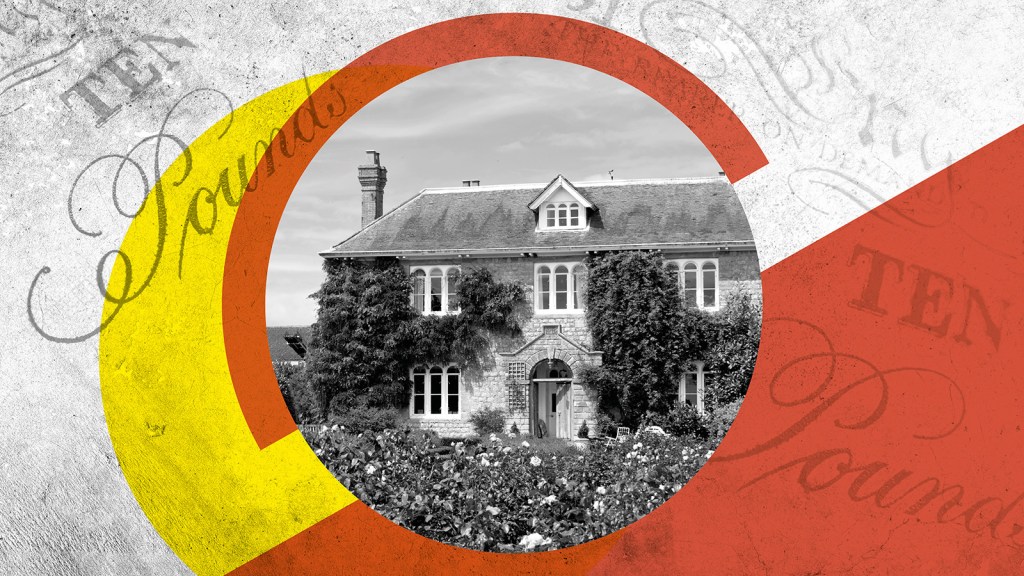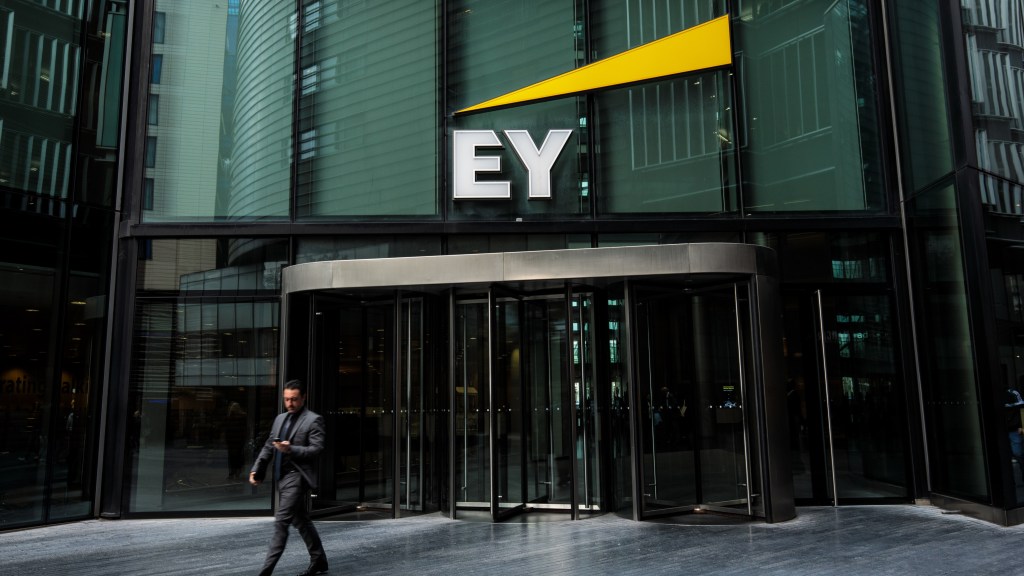Retail Sector Faces Challenges as Consumer Optimism Declines
A recent survey indicates that negative perceptions regarding the financial situation in Britain have adversely affected consumer confidence, especially among older demographics.
The British Retail Consortium’s consumer index reveals that expectations regarding personal finances over the next three months have plummeted to a score of -6, a notable decline from a score of 1 recorded just a month prior.
Moreover, overall confidence in the economy has dropped significantly to -21, down from -8 in August, according to the BRC-Opinium Consumer Sentiment Monitor poll. Consumer sentiment regarding personal savings has also decreased, moving from -4 in August to -9 in September.
Interestingly, while overall confidence in personal savings has diminished, there was a slight improvement in personal spending on retail, which rose to -8, up by one point.
Helen Dickinson, chief executive of the British Retail Consortium, stated, “Retailers may encounter a challenging few months as consumer confidence has sharply declined in September. The negative portrayal of the UK’s financial situation seems to be particularly affecting older generations’ outlook on the economy.”
On the political front, Rachel Reeves has faced criticism for allegedly downgrading Britain’s economic prospects by highlighting the “tough choices” necessary to address what she describes as a disappointing fiscal inheritance from the Conservatives. Nevertheless, she attempted to convey optimism during her inaugural address at the Labour Party conference as chancellor, asserting that Britain’s “best days lie ahead.” Yet, uncertainties linger regarding potential tax increases and corresponding public expenditure adjustments expected in her first budget announcement on October 30.
Dickinson emphasized the importance of the upcoming budget, noting, “This presents a vital opportunity to restore some confidence in the economy, bolster spending, and encourage essential investment by businesses. The current framework of business rates is a hindrance to job creation and community investment within the retail sector.”
The consortium advocates for the establishment of a retail rates corrector, proposing a 20 percent modification to retail property tax bills to stimulate investment in local high streets and their surrounding areas.
The findings from the British Retail Consortium align with those from the GfK survey, which also reported a decline in consumer confidence, reaching an eight-month low in September.
Shore Capital analysts expressed concern regarding the seven-point drop in consumer confidence, interpreting it as a distinct indication of anxiety among consumers. They attribute the bleak assessments to actions by political figures such as Sir Keir Starmer and Rachel Reeves, arguing that it is inflicting undue harm on the UK consumer economy and erasing recent progress.
Despite the drop in confidence, UK retail sales volumes exceeded market expectations, achieving their highest levels in two years during August.






